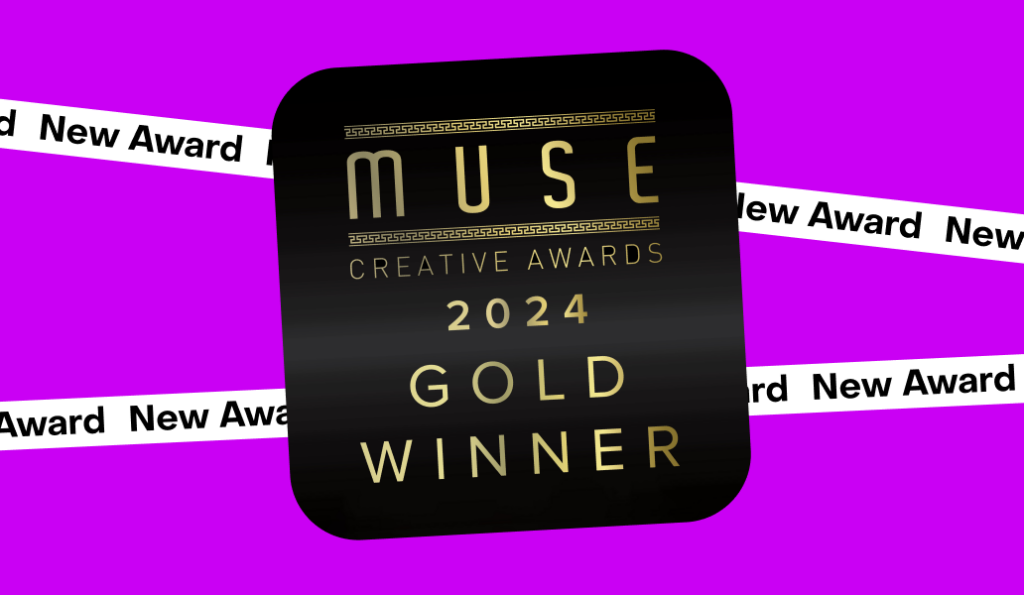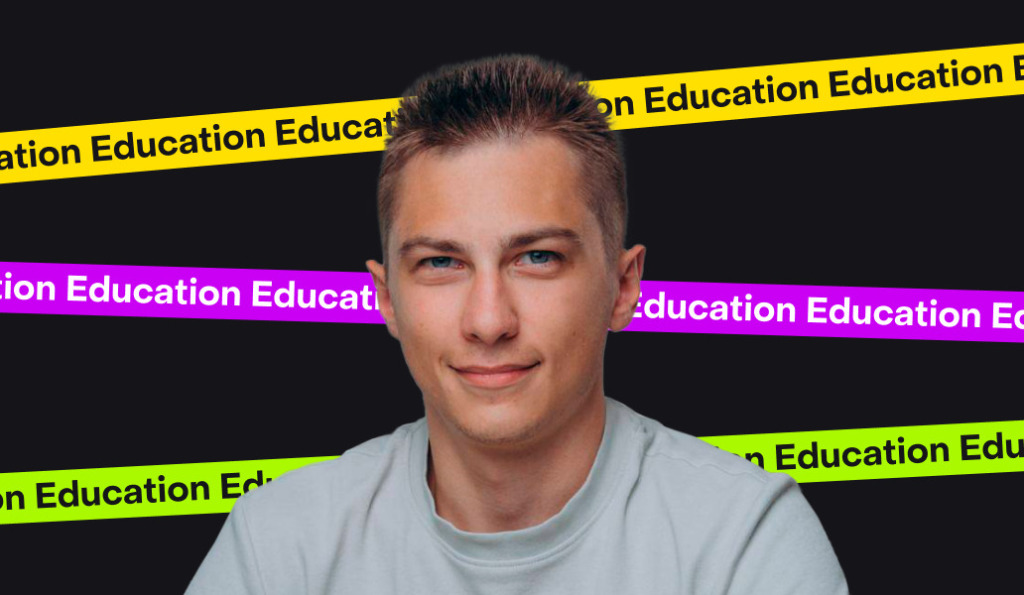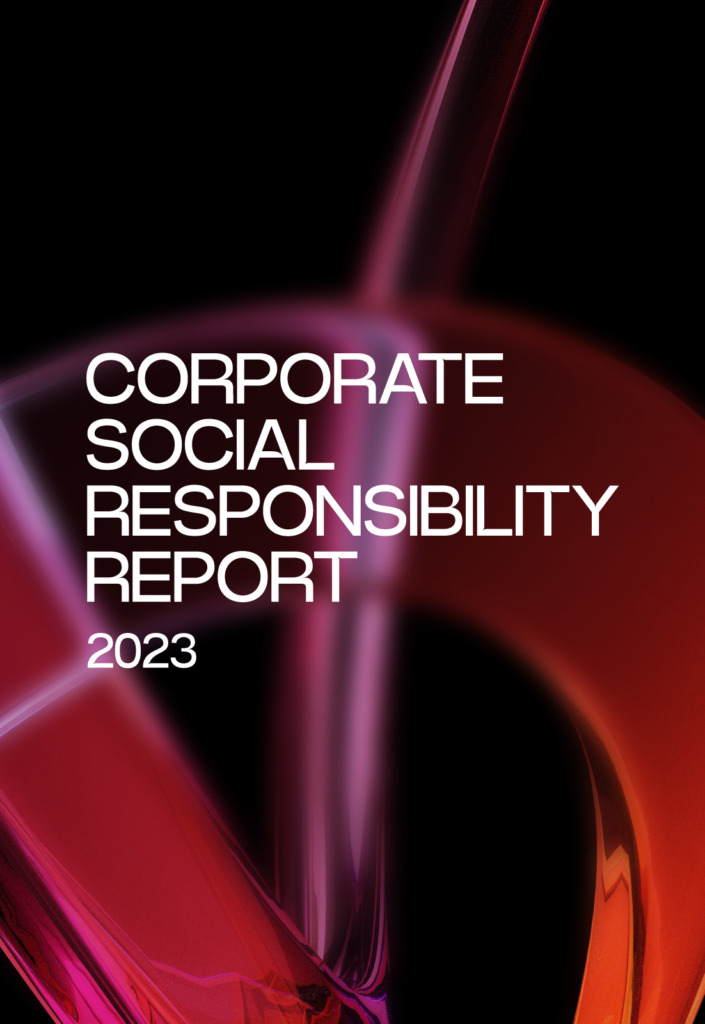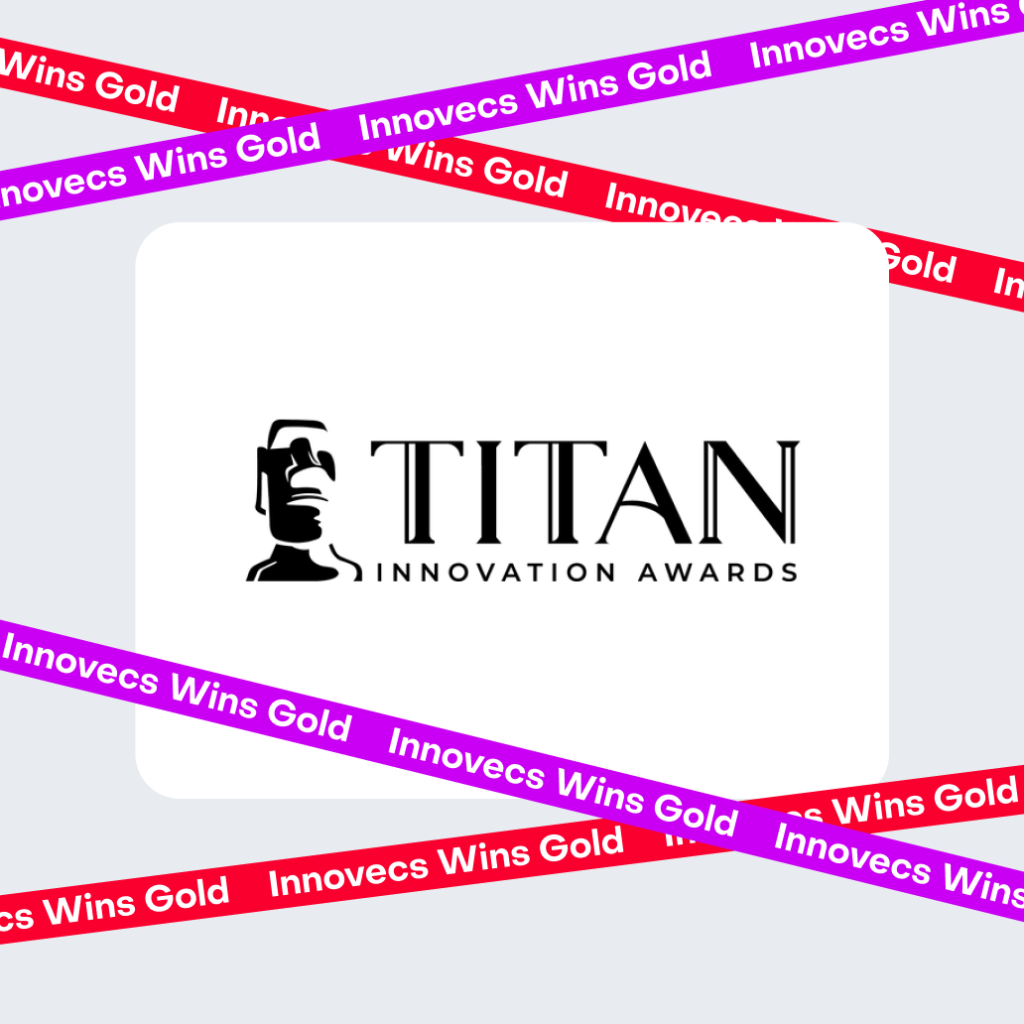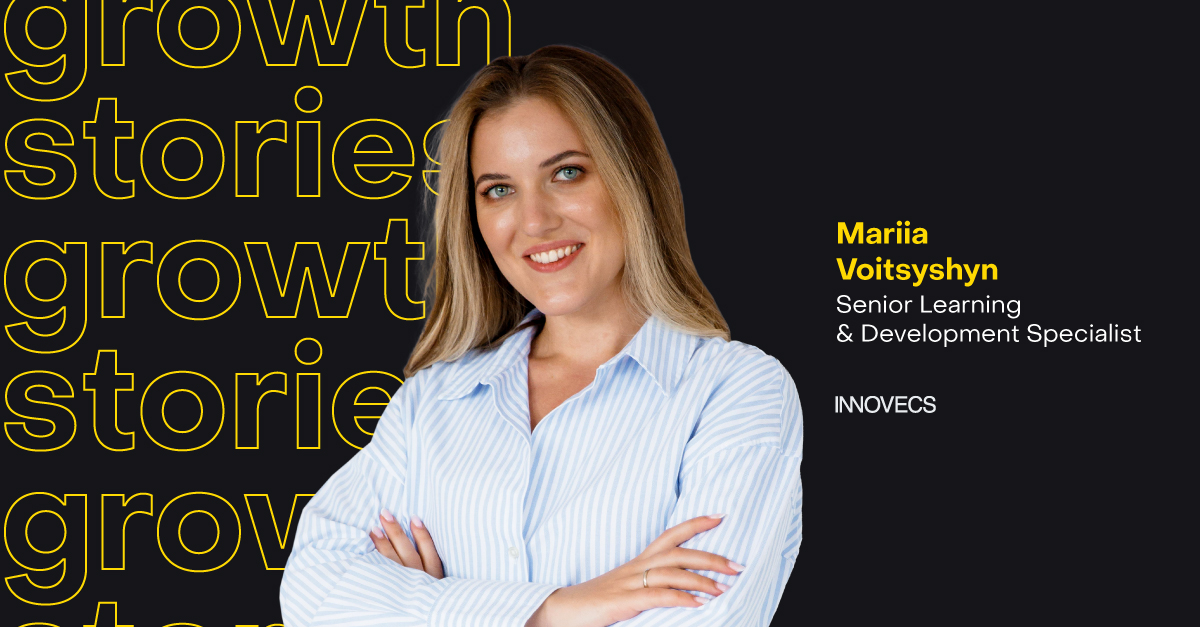
My name is Nataliia Horova, and I continue to share the inspiring stories of our teammates. Today, I’d like to introduce you to Mariia Voitsyshyn, the Senior Learning & Development Specialist at Innovecs.
I invited Mariia for a talk to discover her journey to a Senior specialist in one year and to learn some valuable insights from her experience in training and development. Throughout our conversation, Mariia shared practical tips that can benefit anyone looking to enhance their learning or career growth, especially in the ever-changing tech industry.
Since my student years, I have volunteered a lot in international organizations and then worked in them. So being in a multicultural environment is normal for me. With Innovecs, I found a match, so I feel like I’m in my element. Our team is very diverse, and includes Ukrainians, Americans, Poles, Portuguese, etc. After my volunteering experience, I consider myself a global citizen, and Innovecs has contributed even more to that.
I joined the company as a mid-level specialist, and over the course of a year, I grew into a Senior position. My manager, the company, and the team contributed greatly to helping me gain the skills I lacked, learn, and earn this position. Not once during these one-and-a half years have I regretted accepting the offer. The people here are great, the management is great, and the relationships between teammates are warm. Everything is so comfortable.
There’s a Kyiv office where we often go with the team. We can have a coffee, chat about work, and more. Here, I’m happy with both the job duties and personal relationships. Social connections are very important to me, so having a team that’s not only remote but also meets offline and outside of work is crucial. Innovecs gave me all of that.
Three factors that help me, and I believe can help others, are:
- Very clear deadlines. I know exactly when I need to finish reading a book or completing a course. These deadlines motivate me to get things done, based on the agreement I made with my manager.
- I have a very low level of impostor syndrome. I feel like I deserve what I achieve. Often, you just dive into something new: ready or not, let’s go! I occasionally reflect on my past experiences: what happened? For example, I organized a training session for managers, and I was nervous because it’s a very responsible audience, and I was still mid-level. I conducted training and realized that I did a great job. If I could do that, I could handle more next time. You should always reflect on your experience: if you did something once, you can do it again, only at a higher level.
*The key to overcoming impostor syndrome is not being afraid of new challenges and reflecting on your experience, praising yourself. Even making lists of 30 or 50 things you can praise yourself for. Write down everything, even something like “I wasn’t afraid to approach a stranger on the street and ask a question,” and this list can inspire you when you start doubting your worth. It’s the foundation you rely on.
- Support from the manager and the team. People approach me and ask for advice and that really boosts my confidence. They value me here as an expert. I’m also very grateful to Ihor. We had regular 1-1s where we discussed what I had learned, what questions I had, where to participate, and which conference to attend.
Also, at Innovecs, we have a great tool called an Individual Development Plan, which I used with my manager. Through IDP, the team member, the manager, HR and the mentor can see the progress. There are deadlines, links to some useful materials, and progress percentages.
It seems simple, but it’s very effective. You don’t just read professional literature, but you also show the organization that you’re growing, and your manager and HR can see and evaluate this.
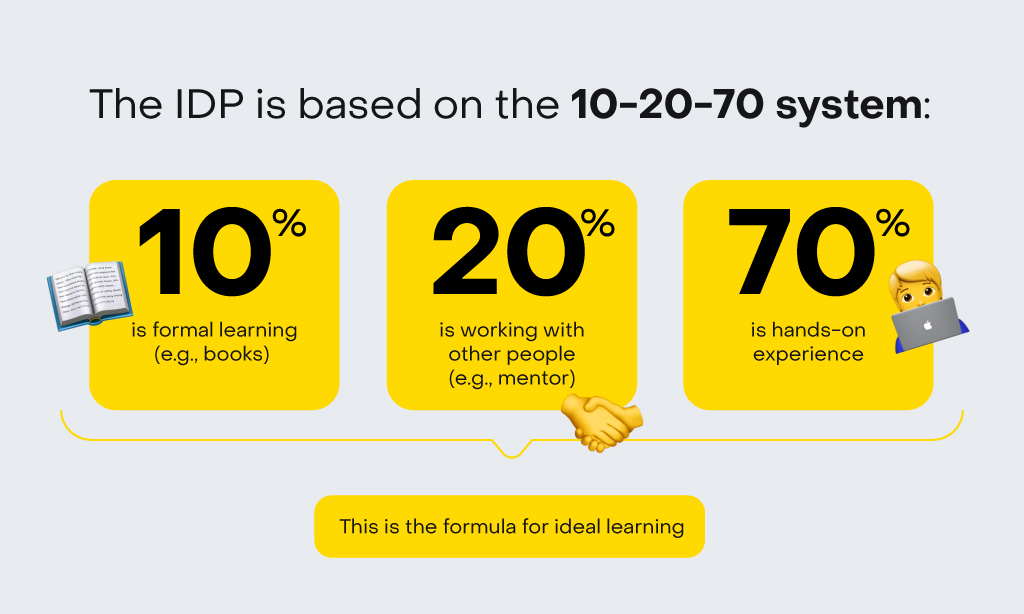
I really enjoy conducting training sessions. I always get nervous because public speaking always brings some jitters. But I love that feeling. When I start a training session, I see people with their cameras on, commenting, reacting, and I calm down. I enjoy that part a lot. I once dreamed of becoming a singer, and in a way, this dream is coming true through public speaking. I love the audience, I love people, and I compensate for that dream with my training sessions.
How do I prepare? There are some important things that I do before public speaking.
- First, the content preparation. I take one month to research, create activities, tailor the material to the specific audience, define the key messages, and design the presentation. Morally, it’s important for me to have warm water nearby — that’s the secret to a pleasant voice. I don’t eat anything crumbly or dry, like cookies, and I don’t drink sparkling beverages. I always have water and warm tea. Also, I speak tongue twisters and do articulatory gymnastics, it helps to warm up the muscles responsible for pronunciation and the voice becomes deeper.
- Second, I make sure everyone leaves the room. It’s essential that no one distracts me.
- Third, interval breathing, yoga practices that help me calm down.
- Fourth, tricking my body. When you stand in a confident pose, with your hands on your waist, your mind catches up and gives you confidence. The pose leads, and the mind follows.
- Fifth, your voice sounds more pleasant when you smile. And at the same time, you calm down because a smiling person can’t be stressed.
Apart from public speaking, these tips are useful for daily stand-ups if you feel shy or lack confidence.
People, especially when it’s in person — I get a lot of energy from others. Some recuperate at home with a book and coffee, but I unwind around people, when there are events, and something is happening at the office. Then I come home energized and ready to do more.
On the contrary, when I sit at home and all communication is online, my battery runs low. But everyone is different. It’s important to know what recharges you and to have your own energy source. It may seem like you’re just lying on the couch, doing nothing, so what’s there to be tired of?
I remember seeing a viral photo online of a concert where everyone was on their phones, but there was this elderly lady just standing there enjoying the moment. That’s the generational difference. She was savoring it. It’s a reminder of how important it is to disconnect from distractions and truly experience what’s happening around you. So, when I’m at social events, I take some pictures and then put my phone away to revel in those moments fully.
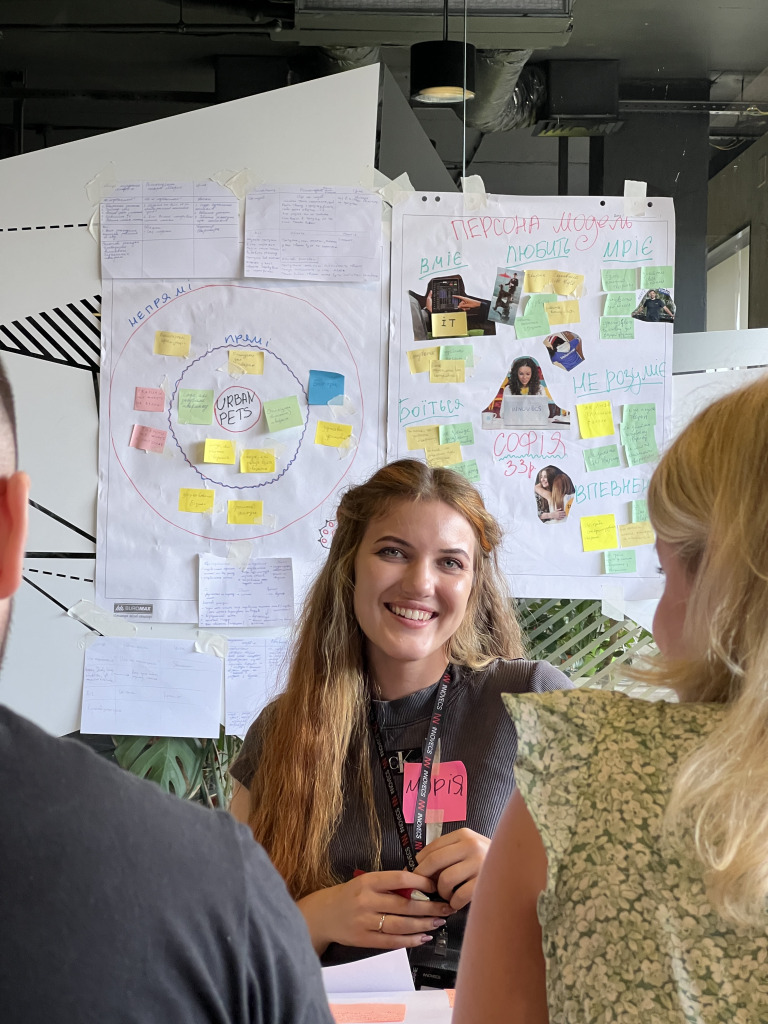
The ability to learn is a skill per se. And it can be developed via courses on how to learn effectively. They cover how the brain works, how to pace information, and not to overload it all at once. While small children tend to pick up things quickly due to their natural curiosity, adults require strong motivation: to get a promotion or a new job. There’s a whole science — andragogy (adult learning), and there are many factors that differentiate us from kids. If a child learns because their parents told them to, an adult needs a mentor or a peer they can approach for advice. So, it’s important to understand how people learn and adapt to these insights.
Let your mind go into free flight. When we do something monotonous, our brain processes information better, and it’s often during these moments that the best solutions come. In today’s world, we hardly make time to just analyze the situation without overloading ourselves with information. That’s why it’s essential to take a break and let your mind relax.
Be flexible to change and stay updated on trends in your field. Subscribe to relevant channels, communities related to your practice and connect with others in your industry. You learn by observing, saving the books people recommend, attending events, and analyzing what other companies or specialists are implementing.
We usually work at the intersection of business needs, individual needs, and general trends. I’m responsible for the soft skills direction, and my colleague Ihor handles technical skills and certifications. In fact, for each position, there’s a list of skills that a specialist should have. The requests come from managers who see what needs to be developed in a person, or from HR. Or it can be a request from the entire team. For example, recently, the team sought training in small talk for communicating with clients. For me, that was a new topic, and it was interesting. In Ukraine, the small talk culture isn’t very developed, because we have different mentality, so we need to learn it to communicate effectively with our international clients.
Managers come to me with requests for the team, and that’s when I can start developing a training program. When employees approach us, we assist with a learning plan and resources. Sometimes we hear, “I want to grow, what can you recommend?” and we analyze their situations to provide the best support and guidance. That’s why we encourage everyone to learn, grow, and develop within the company. That’s the essence of our department.
What’s cool is that I can learn while teaching others. I love storytelling, and I always try to include stories in my training sessions — either my own or third-party ones. It really helps with gaining new knowledge. I don’t just give dry theory; I tell something interesting. For example, on the topic of small talk, I found out that primates also engage in small talk. When they care for each other, they establish a connection. It is important that people remember such stories for a long time. Therefore, the more storytelling, the better the adult audience will learn the material.
Of course, this is only the tip of the iceberg in the profession. There’s a part where you put memes in presentations, and then there’s the part where you do the metrics. There’s monotonous work, and it becomes routine. You need to understand that. If you love what you do, you will appreciate both sides of the job.
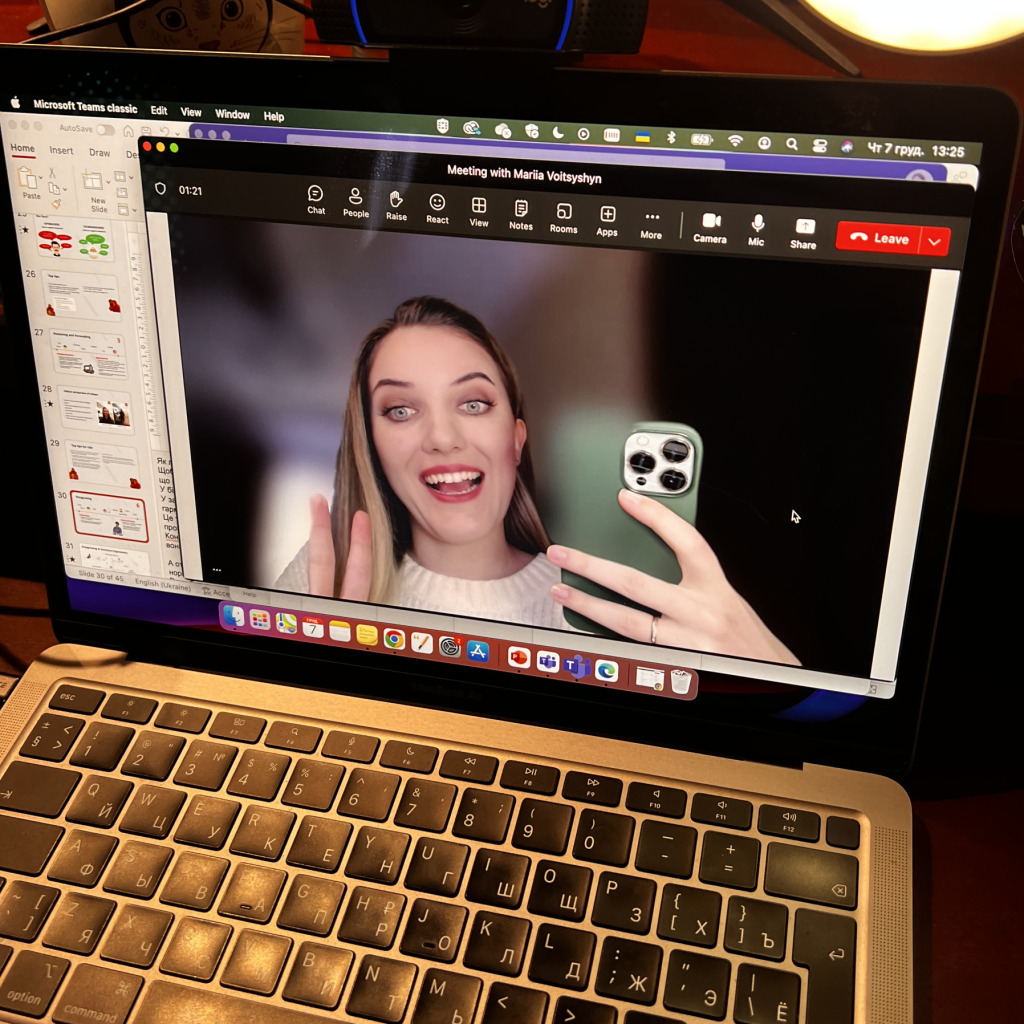
We’ve had several training sessions on cross-cultural communication, how we adapt to foreign markets, and there were a few training sessions on the differences in cultures within a business environment.
For example, representatives of different cultures give feedback differently and start presentations in their own ways. If you’re presenting to Ukrainians, you start with a story, while for Americans, they recommend getting straight to the facts and numbers. This isn’t obvious at first glance, and we think that all people are more or less the same. But that’s not the case. What works for us may not work in other cultures, and you need to be prepared for that.
One of the training sessions we conducted was with Rocky Osborn, our CBO, who is from the US. I was following the book, and he would sometimes agree with me, and other times correct me, which was insightful — seeing how things are in real life.
Also, a striking example: the British are very polite and always give feedback gently. In contrast, Ukrainians, are used to more direct expressions. So, if a British hears harsh feedback, they might take it the wrong way. And when Ukrainians hear light feedback, they might not realize the seriousness of the issue.
70% of our senior managers built their career at Innovecs and we are proud of this number.
Also, we have a recent example of a promotion through mentorship — a person grew from junior to mid-level. We always collect feedback from people: what they gained from the training, whether they will use it in their work.
Leadership is hard to measure, but this year, we’ve been conducting training on certain meta-skills each quarter: Communication, Collaboration, Creativity, and Critical Thinking. Under these 4-C umbrella, we conduct one training session per month on a particular skill. For example, recently Ihor Bekh, our Global Head of L&D hosted a workshop on creativity and design thinking.
We encourage and motivate our people to grow and become speakers, and experts. Every month, we invite a technical expert to give a lecture within the company to practice public speaking. They do it very successfully and enjoy it.
By continuously offering mentorship, targeted training, and opportunities for public speaking, we create an environment where leadership skills can naturally develop, helping our people grow into confident leaders within the company.
I love Disney cartoons for the nostalgia they bring. And my favorite series is Game of Thrones due to the unexpected plot. I’m a very calm person, but sometimes I like to have a thrill, and I enjoy the element of surprise.
I follow the Ukrainian channel “Palae“ — the hosts discuss current events in Ukraine with great passion, and I find myself agreeing with many of their perspectives. They also include a book review section.
Additionally, I enjoy watching True Crime.
Ilarion Pavliuk’s “I See You Are Interested in the Dark”. I love it for its atmosphere, the complete opposite of my life. I’m usually all about positivity, but this book has some mysticism.
I also enjoy a book on learning — Barbara Oakley, “Learn How to Learn. How to Maximize Your Brain’s Potential”. The book tells us about brain processes and how we retain information, and you can find practical techniques for effective learning.
And one more, Julie Dirksen — “The Art of Teaching”. It’s primary for trainers, teachers, and mentors. It’s written in a very interactive way, which is why it is very easy to read. The L&D community is currently translating it into Ukrainian, as it’s originally in English.
I recommend the reading app Rork — it helps you stay focused on reading. Rork analyzes your reading speed and provides statistics.
For personal use, I recommend a calorie calculator. I use a calorie chart in the app Done4Fit.
Listening to Mariia’s journey highlighted how crucial self-confidence, dedication, and a supportive work culture are to personal and professional growth. Her ability to balance the creative aspects of training with the structured, strategic side of learning and development is truly inspiring. Her story reminds us of the importance of reflection and perseverance in reaching new heights. I found many things in common between Mariia and myself.
I hope this article was helpful. Stay tuned for more inspiring stories.
